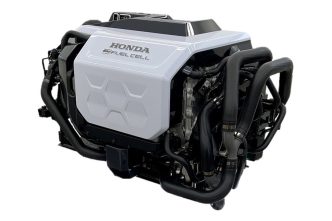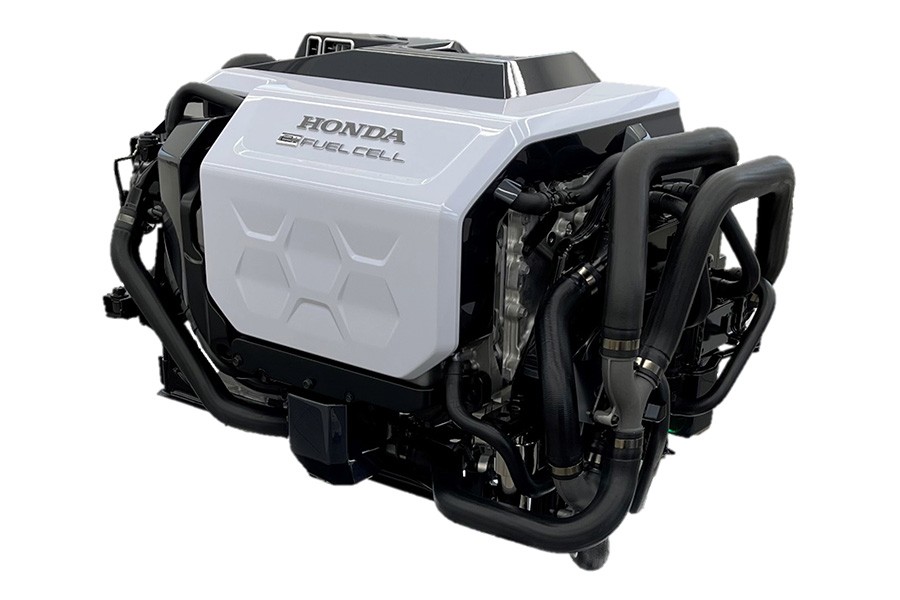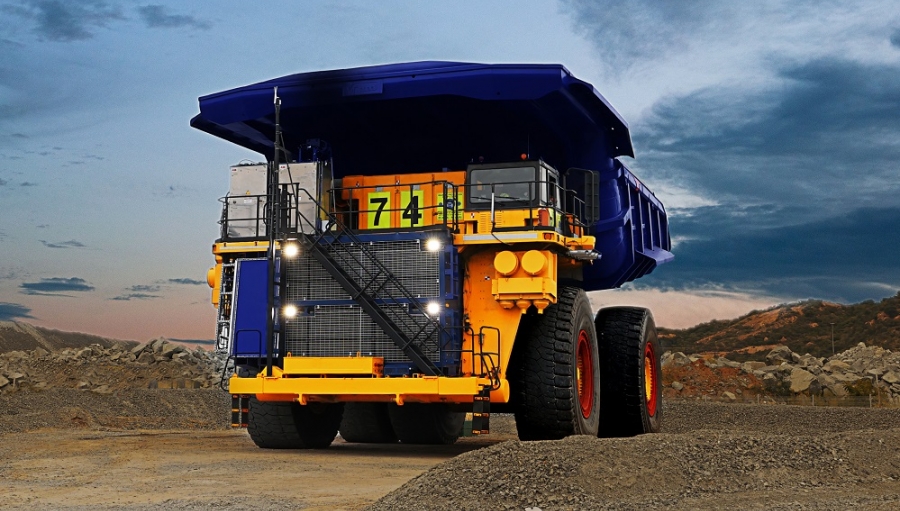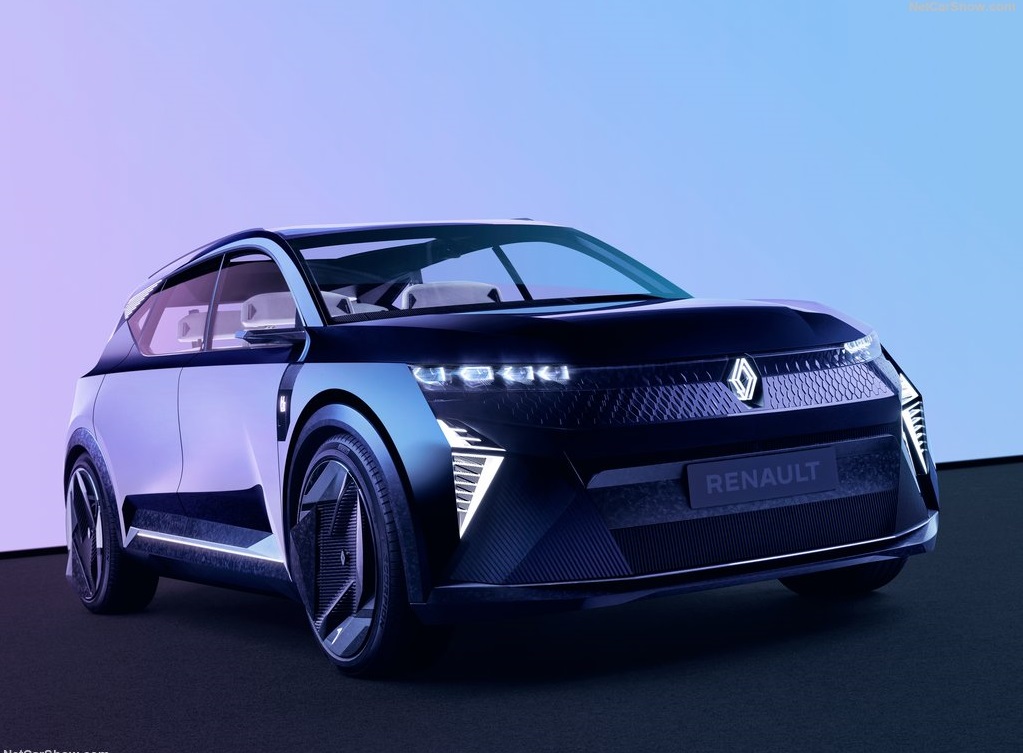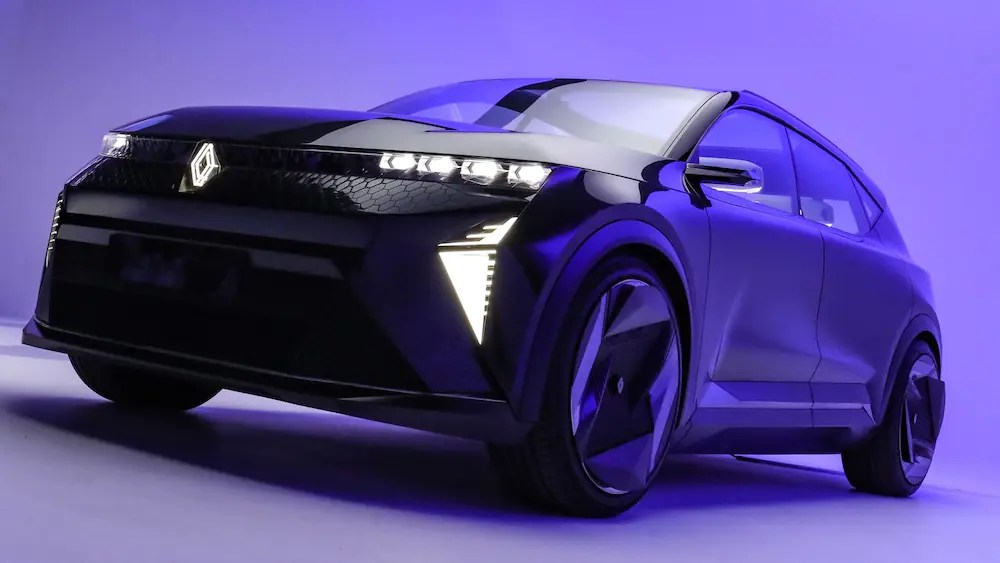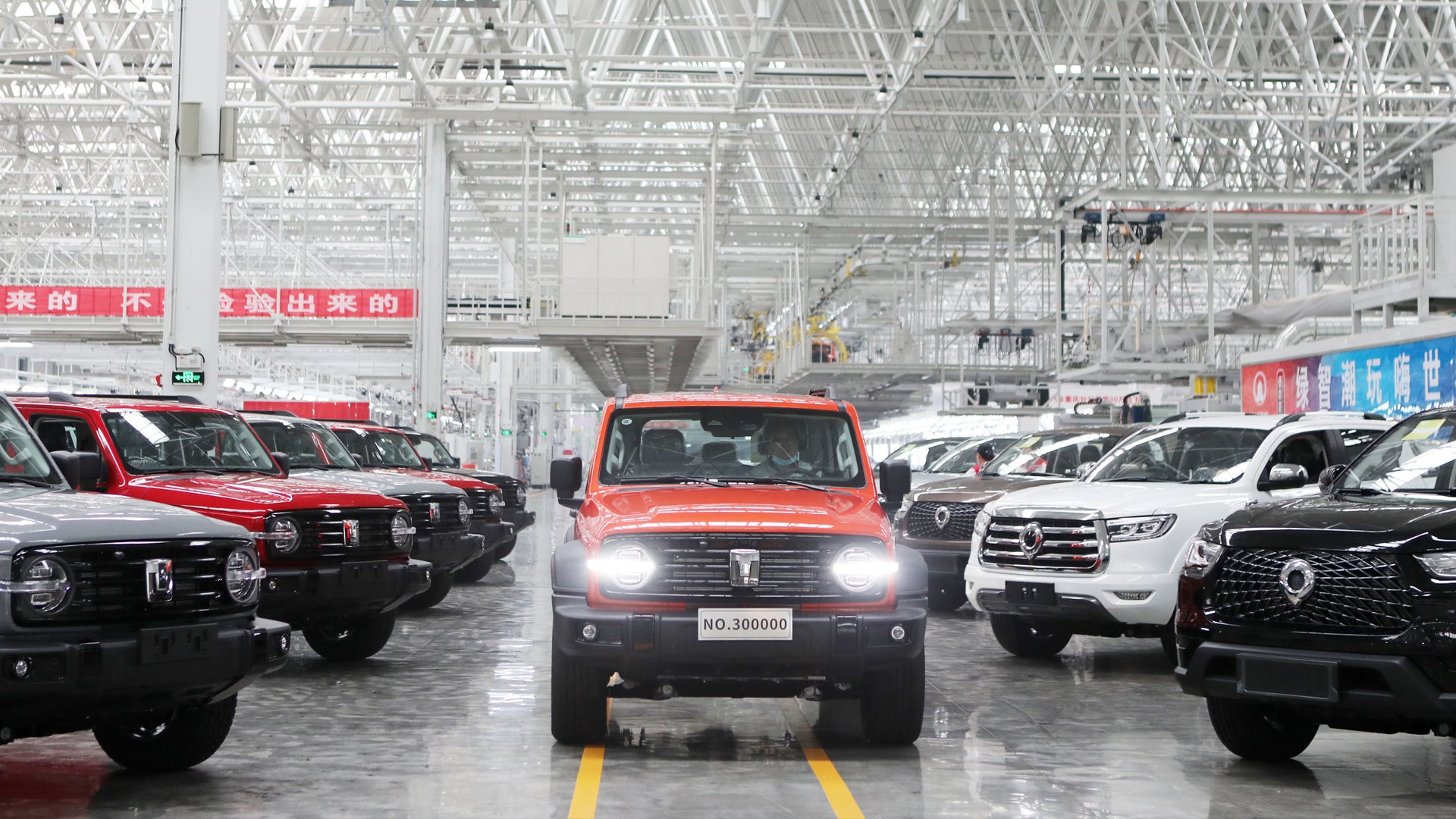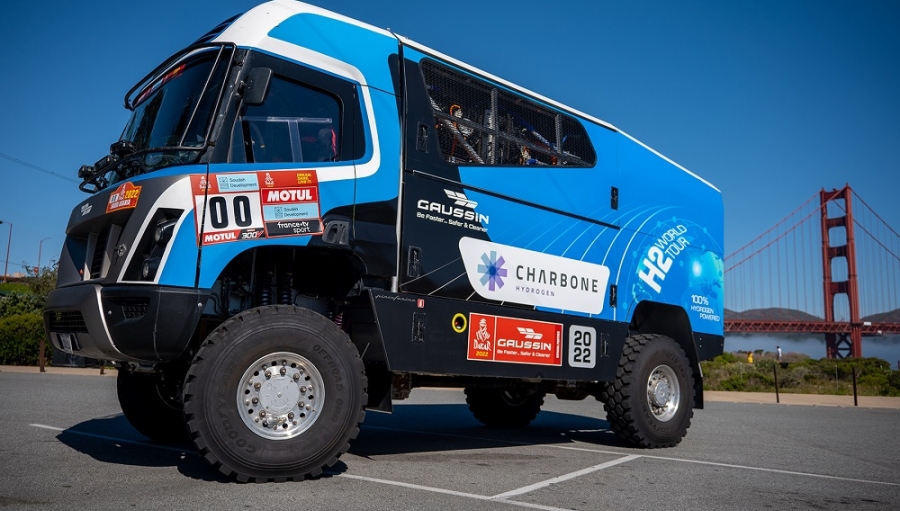Honda has announced plans to create a production base for next-generation fuel cell (FC) systems at its Mooka facility in Tochigi Prefecture, Japan. The company intends to utilize the buildings of its former Powertrain Unit Factory, which ceased operations in October, for FC production. Production is expected to begin in the 2027/2028 financial year, with a target of producing 30,000 units per year. Honda anticipates government subsidies to support the project, as Japan is increasingly focused on hydrogen mobility.
The move comes as Honda restructures its operations, with discussions underway regarding a potential merger with Nissan. Both companies are exploring collaboration on software-defined electric vehicles, including a focus on batteries and e-axles. Honda, a pioneer in hybrid technology, is catching up in the electric vehicle market, while Nissan, once a leader with its Leaf model, is seeking to regain momentum. The alliance has also expanded to include Mitsubishi Motors, in which Nissan holds a significant stake.
Honda’s shift towards hydrogen is a key part of its strategy to diversify its future mobility solutions. The company has identified four potential applications for its new FC systems: hydrogen-powered cars, commercial vehicles, stationary power plants, and construction machinery. Honda aims to capture a 5% share of the hydrogen fuel cell truck market by 2030, expanding to 30% by 2040. However, Honda has not set similar market share targets for hydrogen passenger vehicles. Currently, the company offers the CR-V e:FCEV, a hydrogen fuel cell electric drive hybrid SUV.

